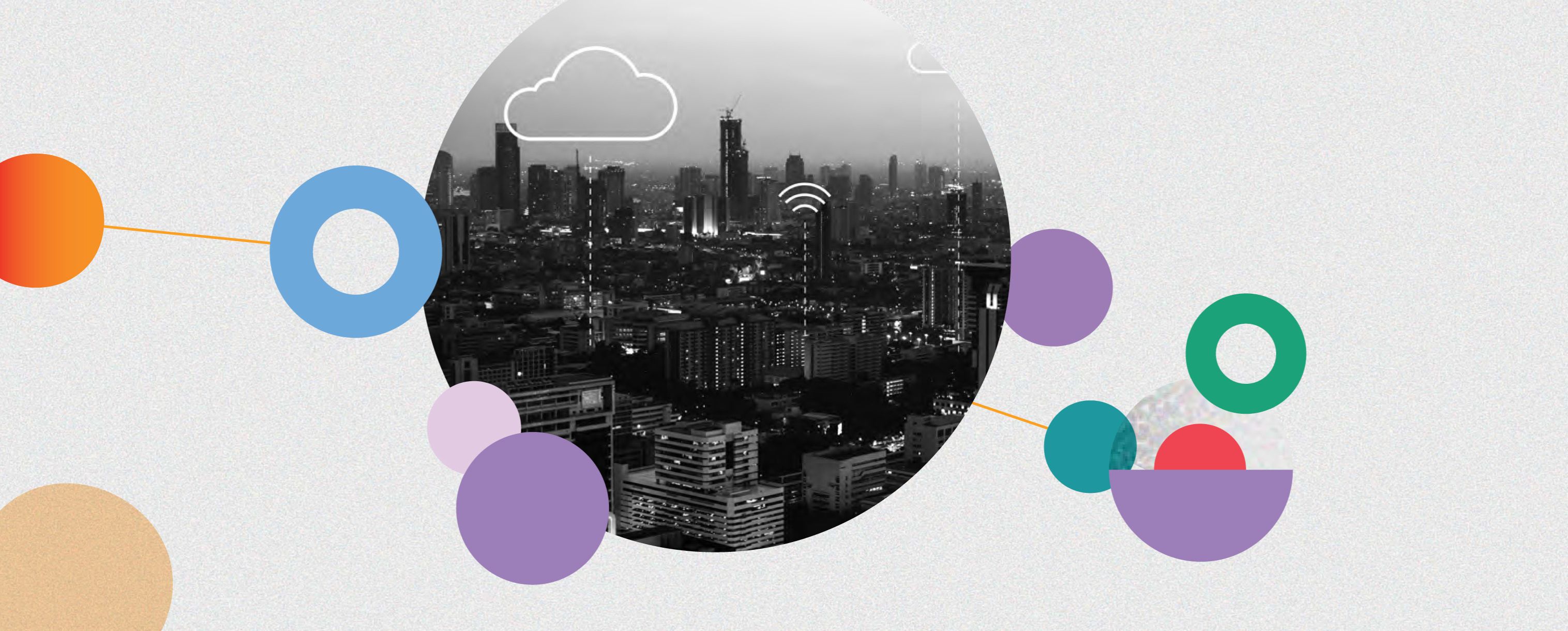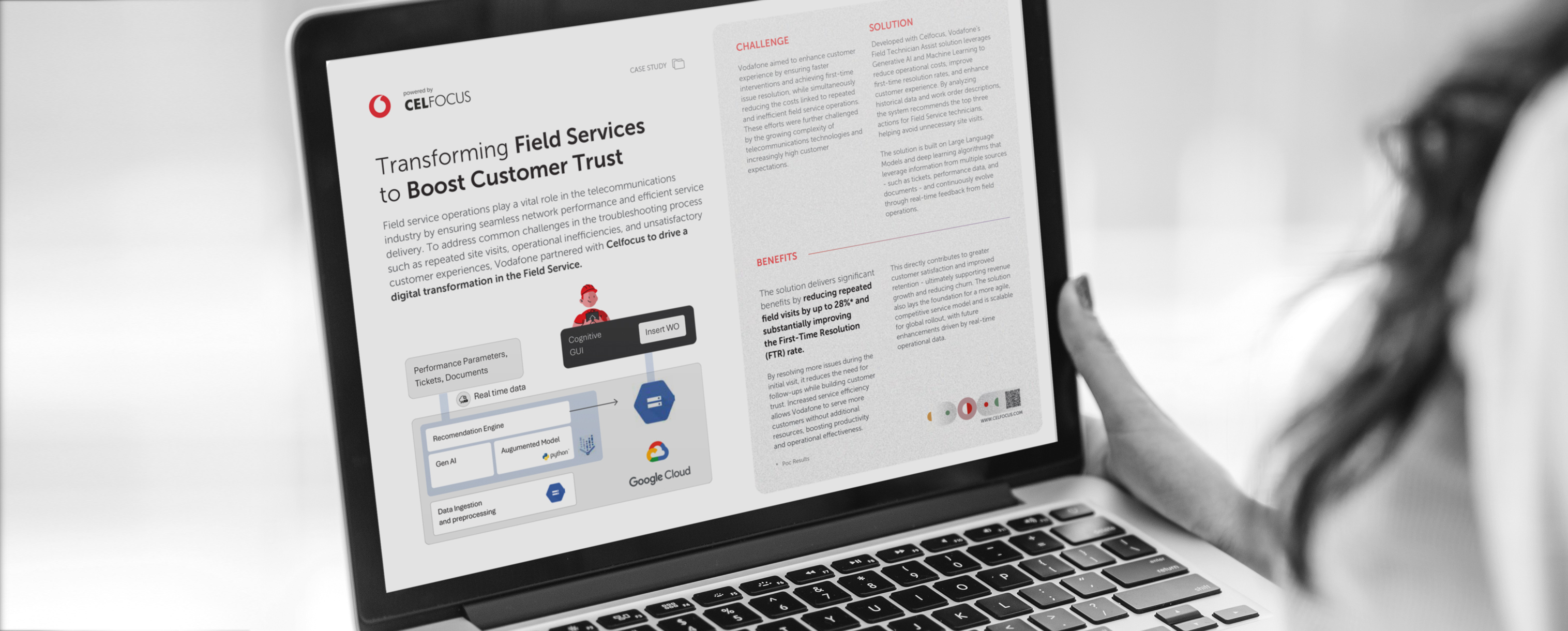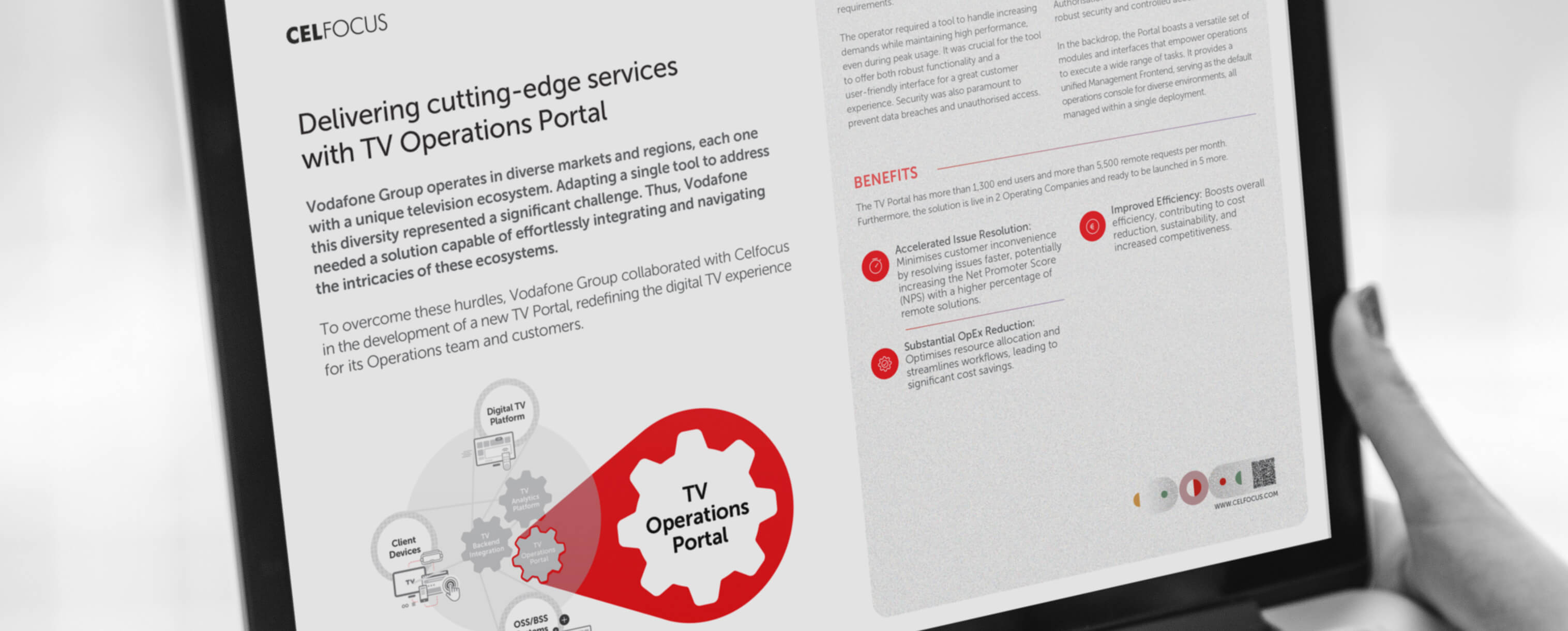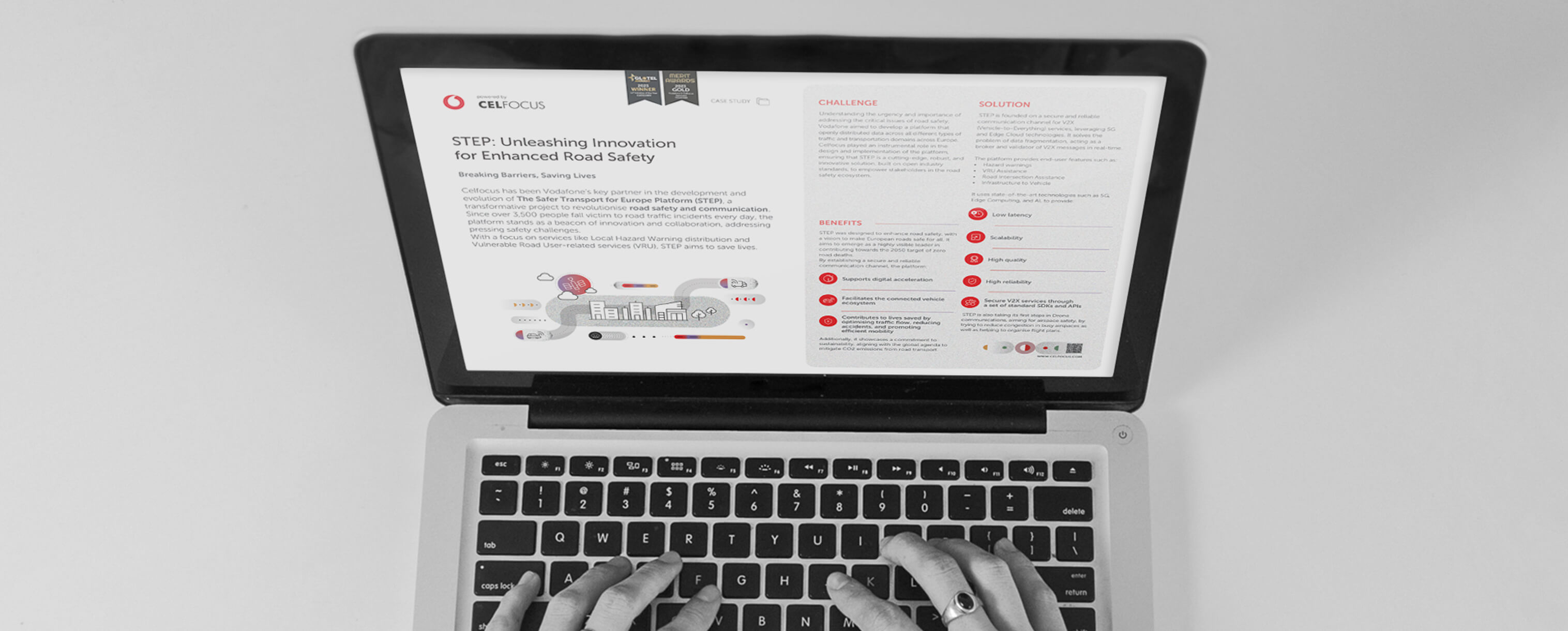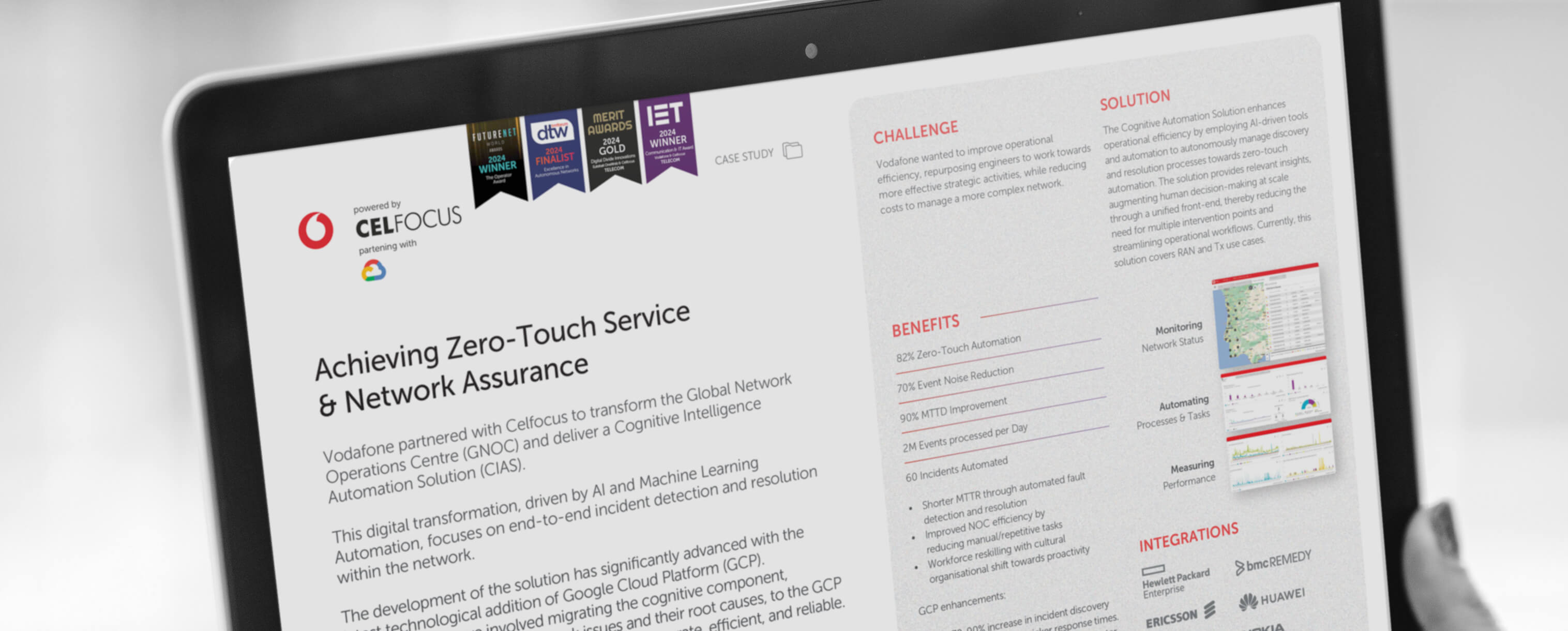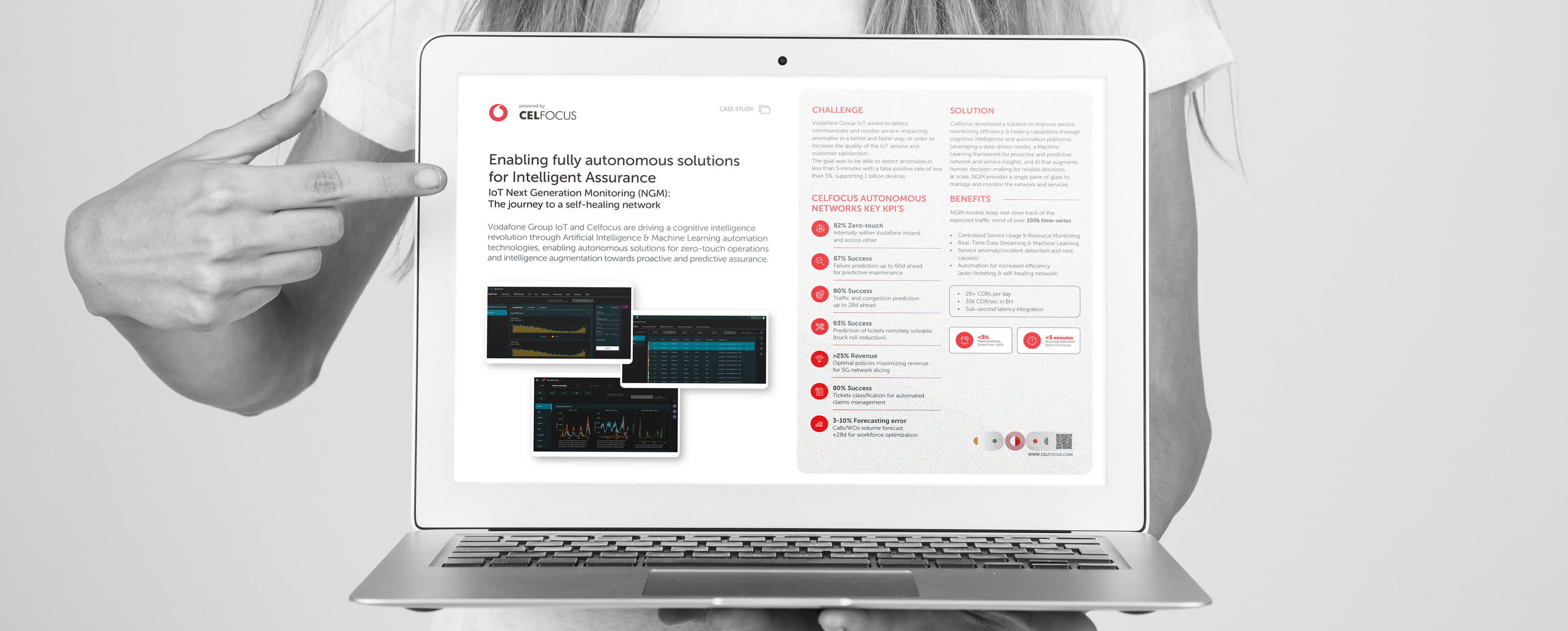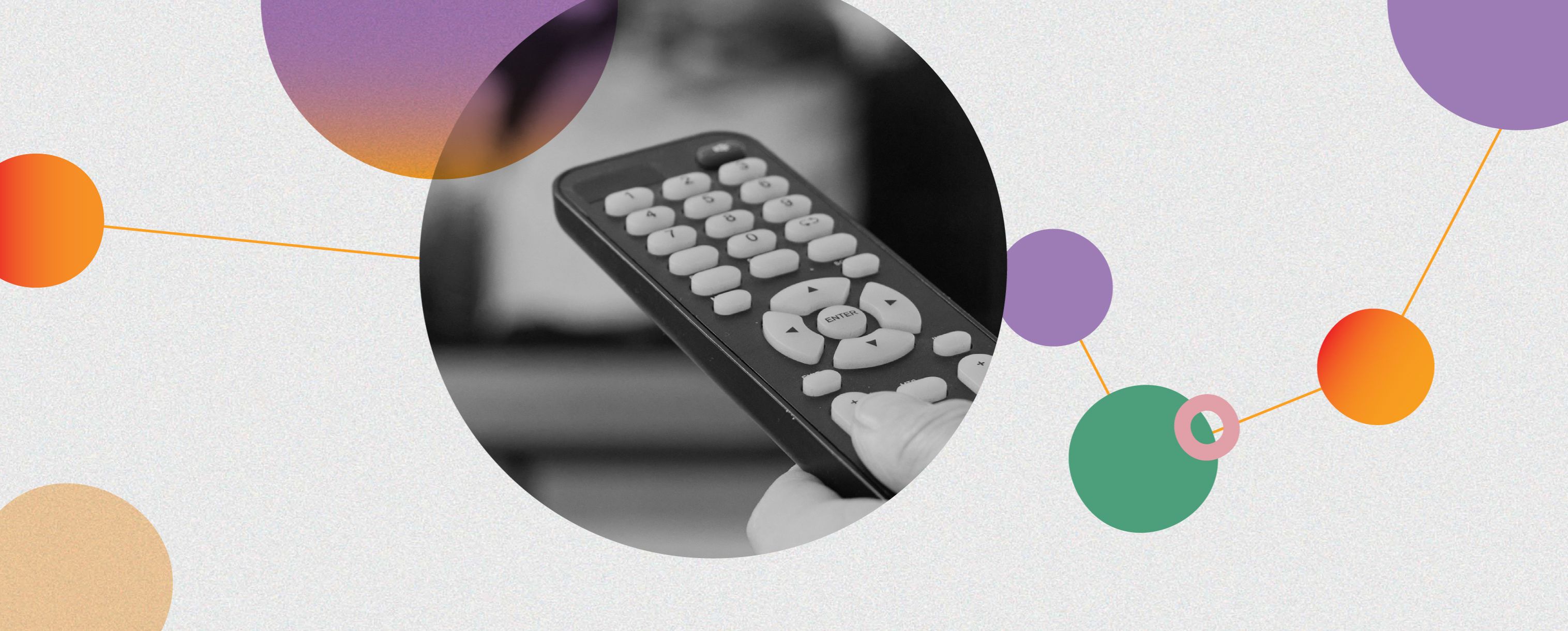As part of Vodafone Portugal’s BSS core IT systems, the Siebel upgrade project was a critical piece to continue unleashing the value of the undergoing CSP digital transformation. There was a strong need to automate and streamline the entire process to achieve smaller release cycles, while maintaining the defined quality standards.
Vodafone Portugal challenged Celfocus to accelerate the Siebel upgrade and unlock test automation for the business acceptance validations. Predominantly manual testing activities were being performed, resulting in thorough and time-consuming releases, as well as unproductive human resource management.
The goal was to decrease release approval time for small and large releases, covering automated regression and sanity testing, while also reducing business teams’ workload and effort on tasks that could be automated.










